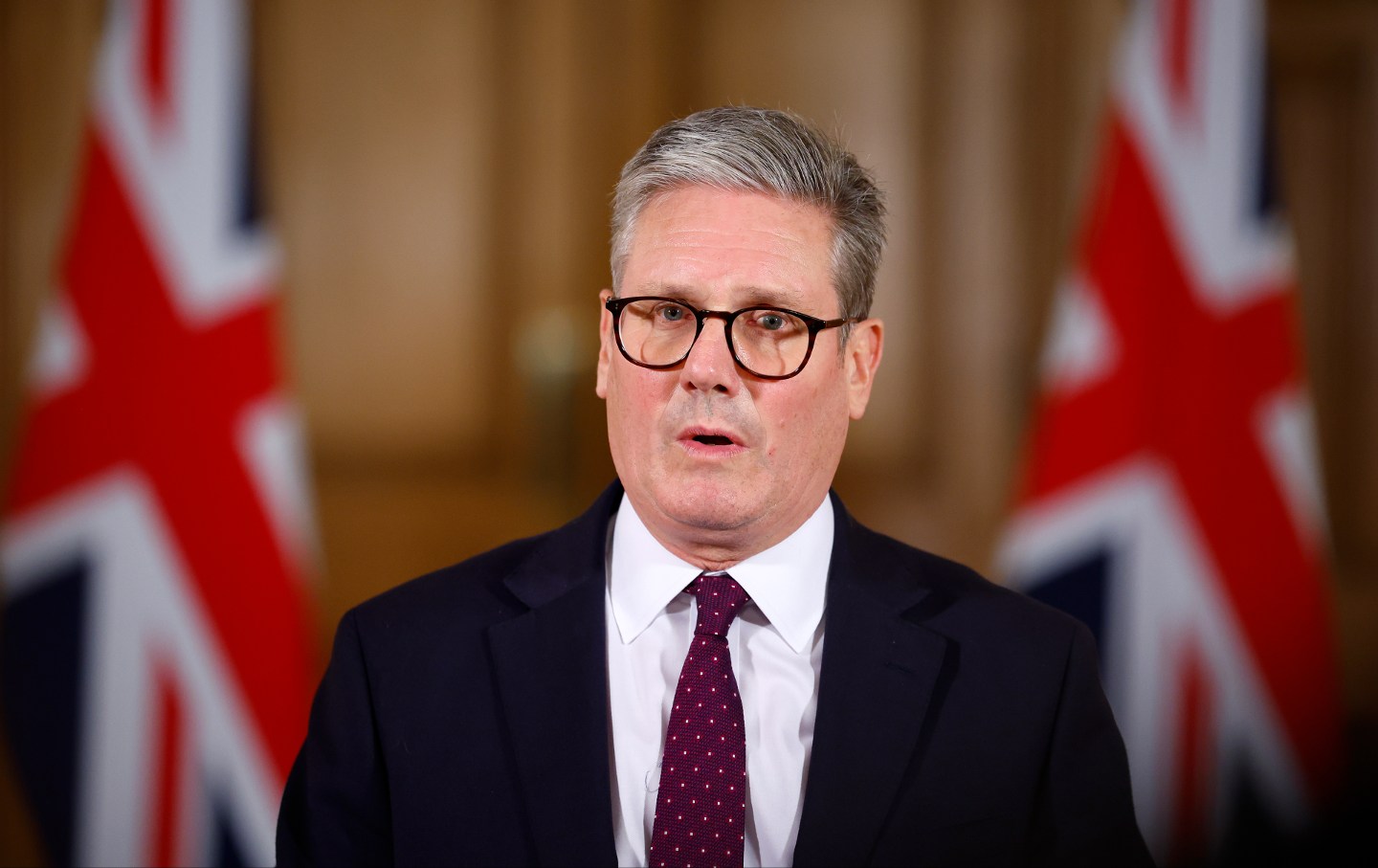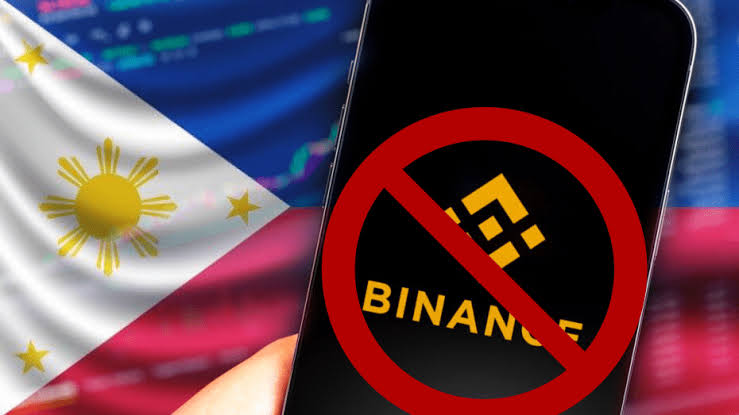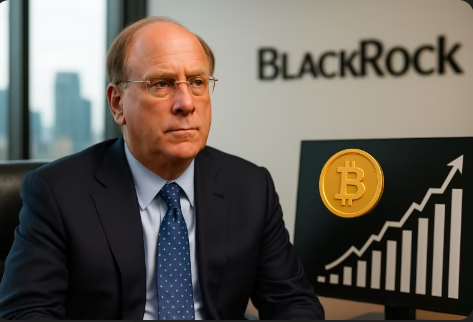BlackRock, the world’s largest asset manager, is preparing to launch a new class of exchange-traded funds built on blockchain. Following the success of its iShares Bitcoin Trust and its tokenized money market fund BUIDL, the company is now exploring how to bring ETFs tied to traditional assets onto blockchain rails.
The Blackrock tokenized ETF initiative could reshape access to global markets by enabling 24/7 trading, fractional ownership, and expanded use of ETFs as collateral in crypto ecosystems.
The development comes after BlackRock’s spot Bitcoin ETF, which launched in January 2024, surged past $10 billion in assets within a year. Meanwhile, BUIDL, introduced in March 2024, has attracted over $2 billion, making it one of the most successful tokenized funds to date.
“We believe the Blackrock tokenized ETF model represents the future of asset management,” said Larry Fink, CEO of BlackRock, in his 2025 investor letter. “Every financial asset can be tokenized, improving settlement efficiency and speed.”
From BUIDL to broader tokenization
The Blackrock tokenized ETF push is an expansion of experiments that began with blockchain settlement trials on JPMorgan’s Onyx platform, now rebranded as Kinexys. These tests demonstrated that tokenized assets could move instantly, outside traditional clearinghouses and market hours.
If realized, a Blackrock tokenized ETF tied to stocks or bonds would allow investors to bypass Wall Street’s limited trading window, opening U.S. ETFs to international participants on a round-the-clock basis. Tokenized shares could also unlock new use cases, including serving as collateral in decentralized finance (DeFi) markets.
“Tokenization lowers barriers for investors worldwide and could significantly expand the reach of ETFs,” said Kristin Smith, CEO of the Blockchain Association, in an interview with Bloomberg. “The Blackrock tokenized ETF plan shows that institutional adoption of blockchain is accelerating.”
Regulatory hurdles and market implications
Despite momentum, challenges remain. Traditional ETFs are deeply embedded in clearinghouse systems that regulators depend on to maintain market stability. Reconciling blockchain-based instant settlement with these existing structures poses both operational and compliance risks.
“Tokenized ETFs face hurdles because regulators must ensure investor protections while embracing innovation,” said Hester Peirce, Commissioner at the U.S. Securities and Exchange Commission (SEC). “The Blackrock tokenized ETF initiative will be a test case for how these two systems can coexist.”
Policymakers are slowly warming to tokenization, with the Trump administration signaling interest in sandbox-style programs that allow firms to experiment under regulatory oversight. Nasdaq has already submitted filings to the SEC to permit tokenized stock trading on its exchange, suggesting the broader market may soon follow.
A growing but small market
While the Blackrock tokenized ETF announcement underscores Wall Street’s embrace of blockchain, the sector remains small compared to traditional finance. The tokenized asset market stands at roughly $29 billion, according to data from rwa.xyz, a fraction of the $8 trillion U.S. ETF industry.
Other asset managers, including Franklin Templeton and Fidelity, are also developing tokenized products, while platforms like Kraken and Robinhood have piloted tokenized equities overseas. If BlackRock succeeds in scaling the Blackrock tokenized ETF model, the competitive landscape for ETFs could shift dramatically.
For now, the move signals intent more than scale, but industry watchers agree it marks a pivotal step. As Fink noted, “The Blackrock tokenized ETF is not just a product launch—it’s a pathway to transforming how global markets operate.”











